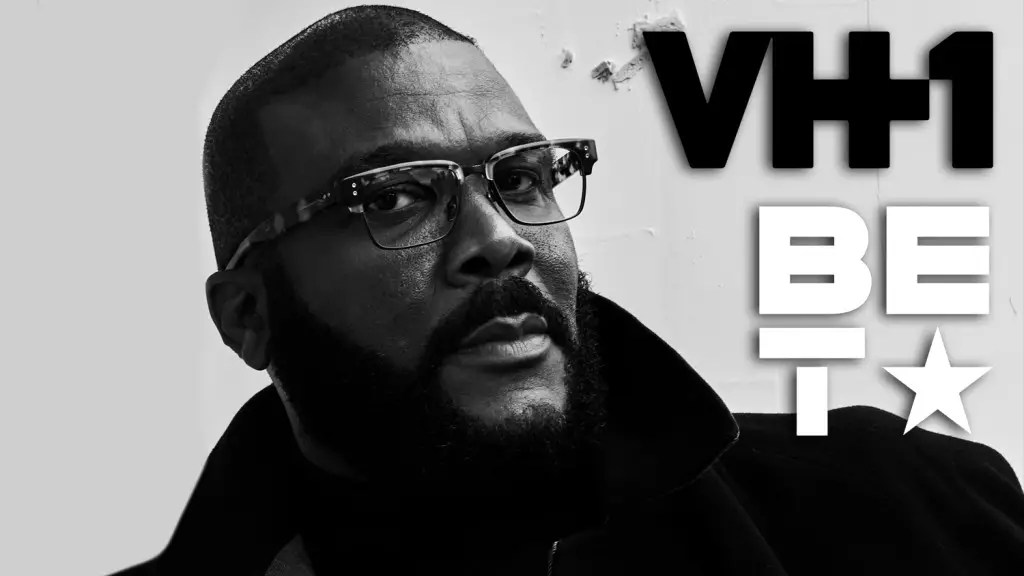Tyler Perry has recently been exposed to the capabilities of artificial intelligence (AI) in the film industry, and the impact has left him astonished. In a conversation with the Hollywood Reporter, Perry expressed both amazement and concern after witnessing a demonstration of OpenAI’s text-to-video model Sora. This innovative technology has the ability to create cinematic video with remarkable accuracy and efficiency. While Perry acknowledges the potential opportunities that AI presents, he also sounds an alarm, warning filmmakers about the potential repercussions of this rapidly advancing technology.
Perry’s reaction to the demonstration of Sora was so profound that it has led him to put a major project on hold. The $800 million expansion of his Atlanta studio, which would have included the addition of 12 soundstages, is now indefinitely postponed. Perry explains that the capabilities he witnessed with AI, particularly in generating diverse and elaborate scenes without physical sets, have forced him to reconsider the future of his studio and the film industry as a whole.
The Job Implications
The use of AI in film production, as highlighted by Perry, raises significant concerns about the potential job loss within the industry. With AI’s ability to create virtual scenes and locations effortlessly, many traditional roles in film production, such as set construction, location scouting, and transportation, may become obsolete. Perry’s realization of how AI could streamline the filmmaking process and reduce the need for a large workforce has prompted him to voice his concerns about the livelihoods of those employed in the industry.
The Call for Industry-Wide Collaboration
As Perry grapples with the implications of AI on the film industry, he emphasizes the urgent need for a collaborative effort to address the challenges posed by this evolving technology. He stresses the importance of industry-wide cooperation in establishing regulations and guidelines to protect the future of filmmaking and the livelihoods of those working in the field. Perry’s call for a unified approach to navigating the changes brought about by AI reflects his recognition of the transformative impact this technology could have on the industry.
Despite his reservations about the implications of AI, Perry has already begun incorporating this technology into his own work. He mentions that he has used AI in two upcoming film projects, signaling a willingness to explore the possibilities that this technology offers. Perry’s decision to integrate AI into his filmmaking process demonstrates a pragmatic approach to adapting to the changing landscape of the industry while also advocating for a proactive and inclusive response to the challenges posed by AI.
Tyler Perry’s experience with AI in the film industry serves as a cautionary tale about the disruptive potential of technology on traditional filmmaking practices. His warning to fellow filmmakers and industry stakeholders underscores the need for vigilant monitoring and strategic planning to navigate the impact of AI on job security and creative processes within the industry. As the film industry continues to evolve in response to technological advancements, Perry’s insights remind us of the importance of adapting and collaborating to ensure a sustainable future for filmmaking.


Leave a Reply